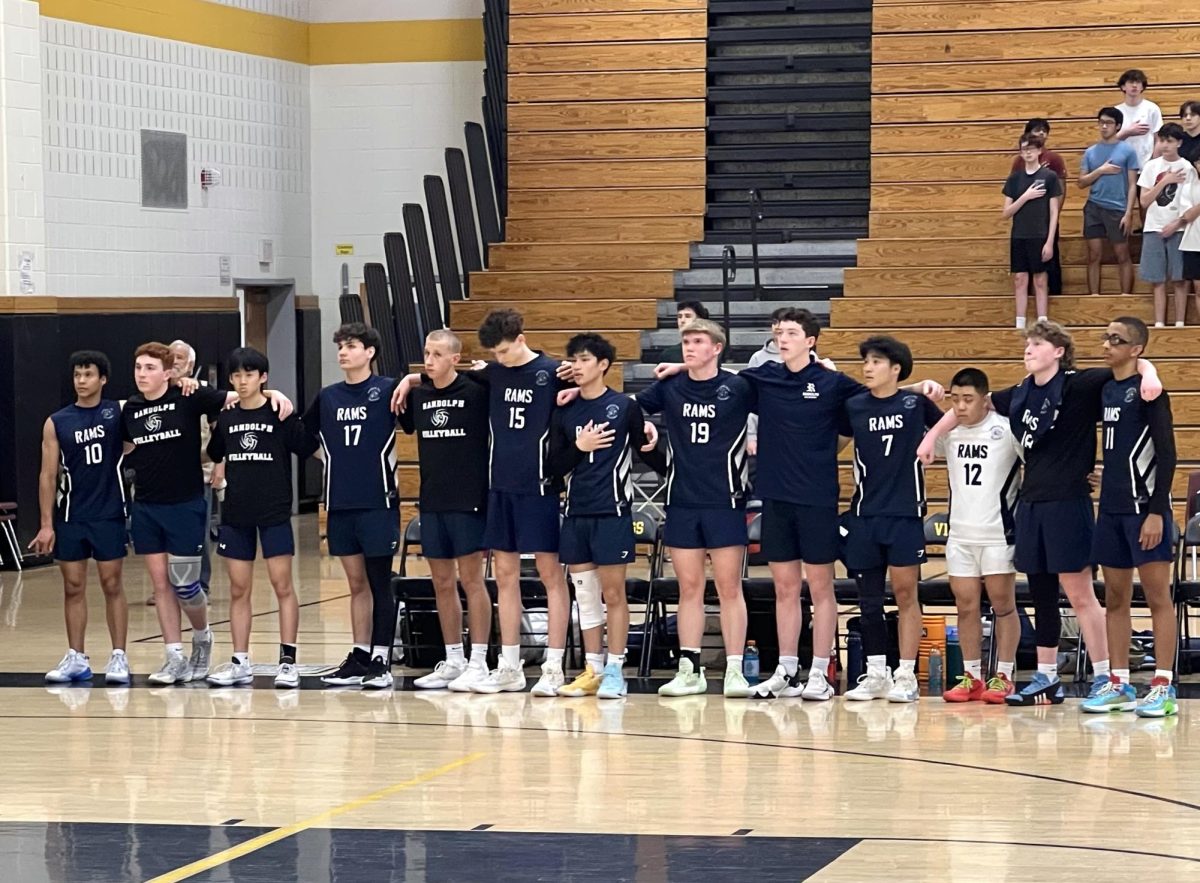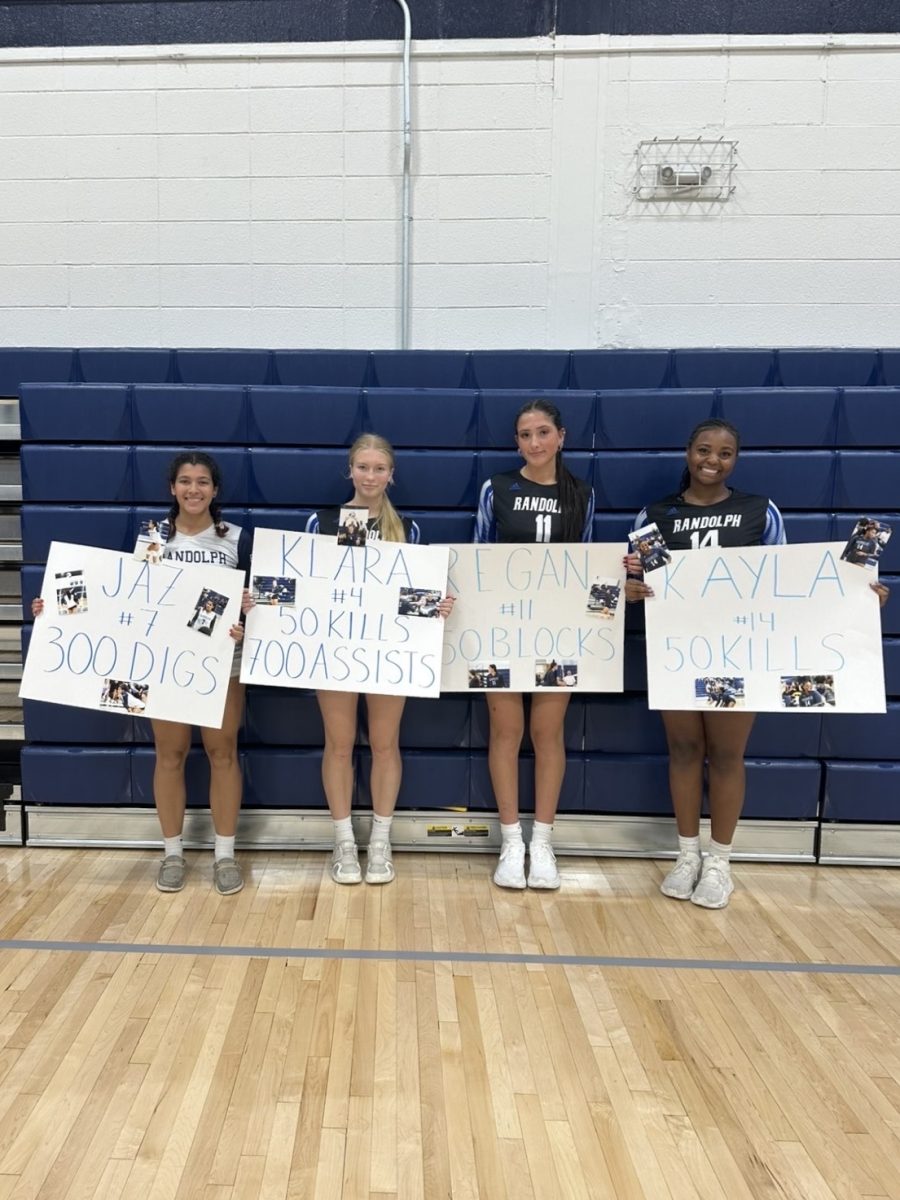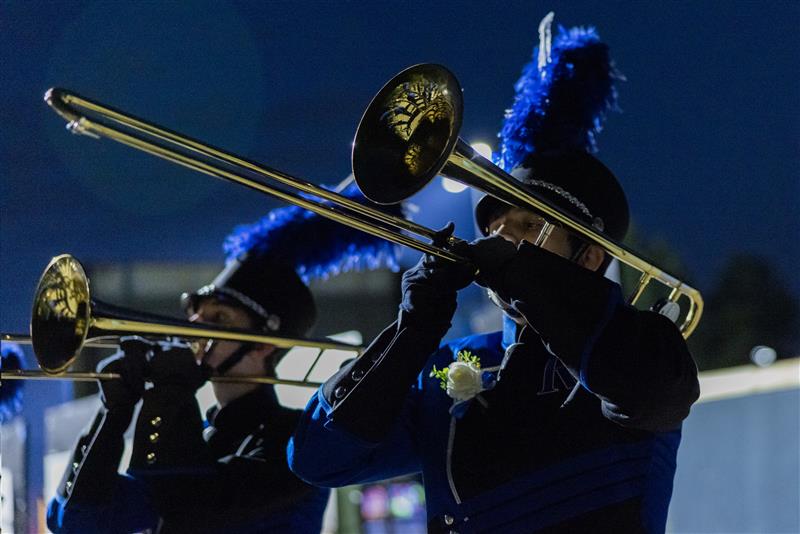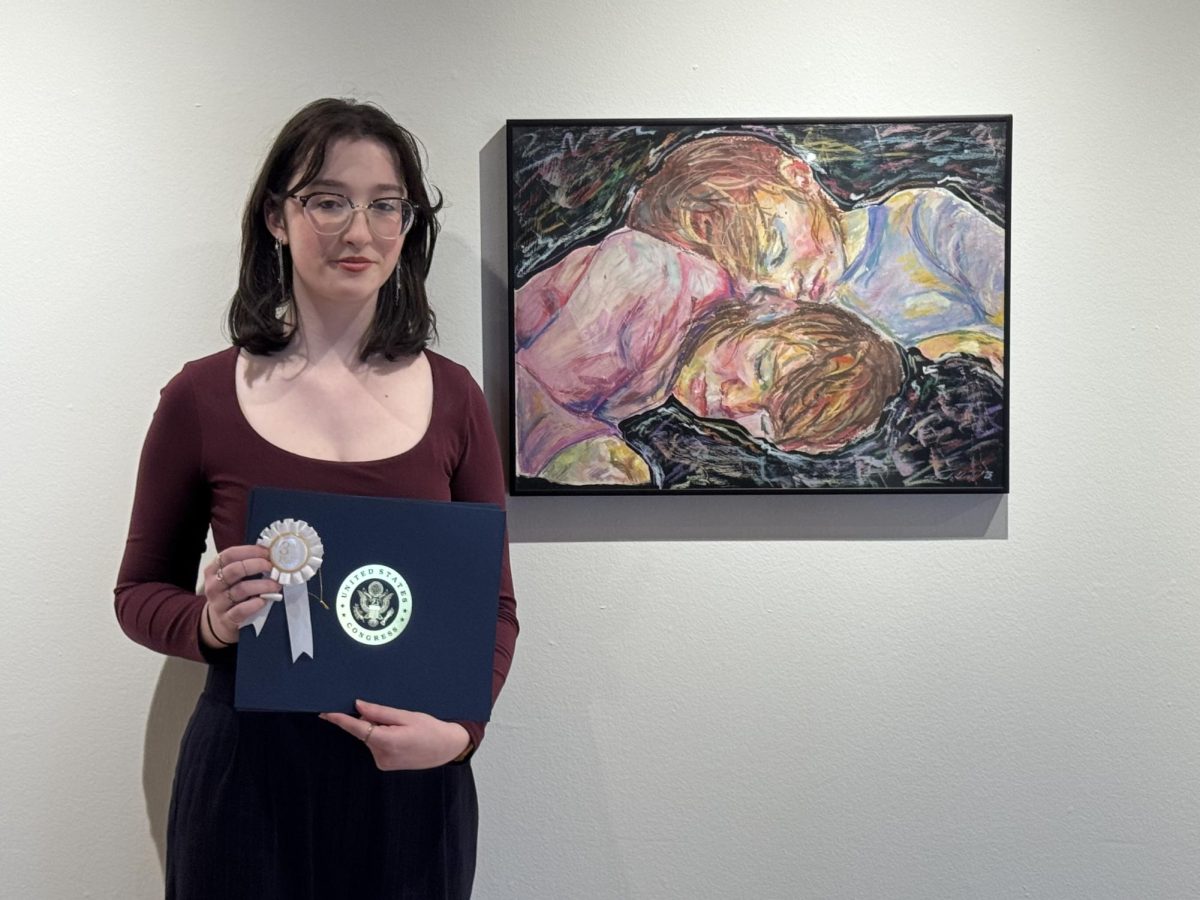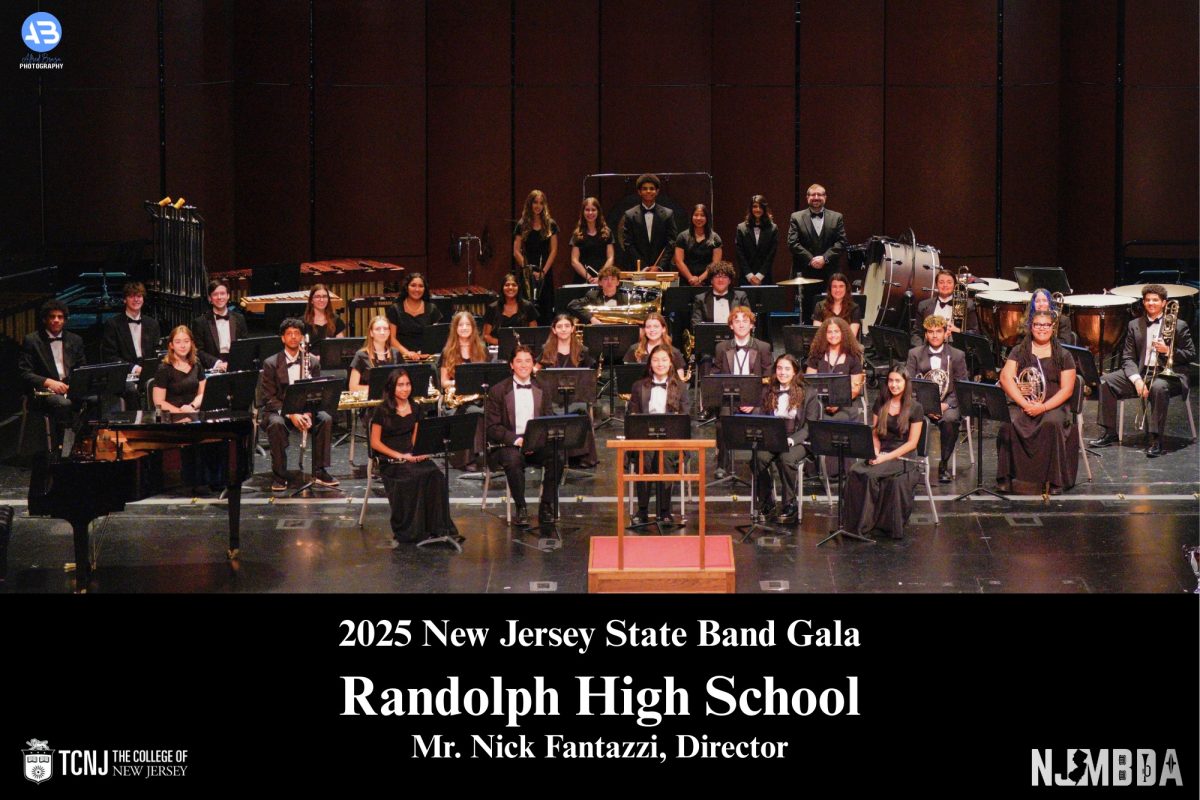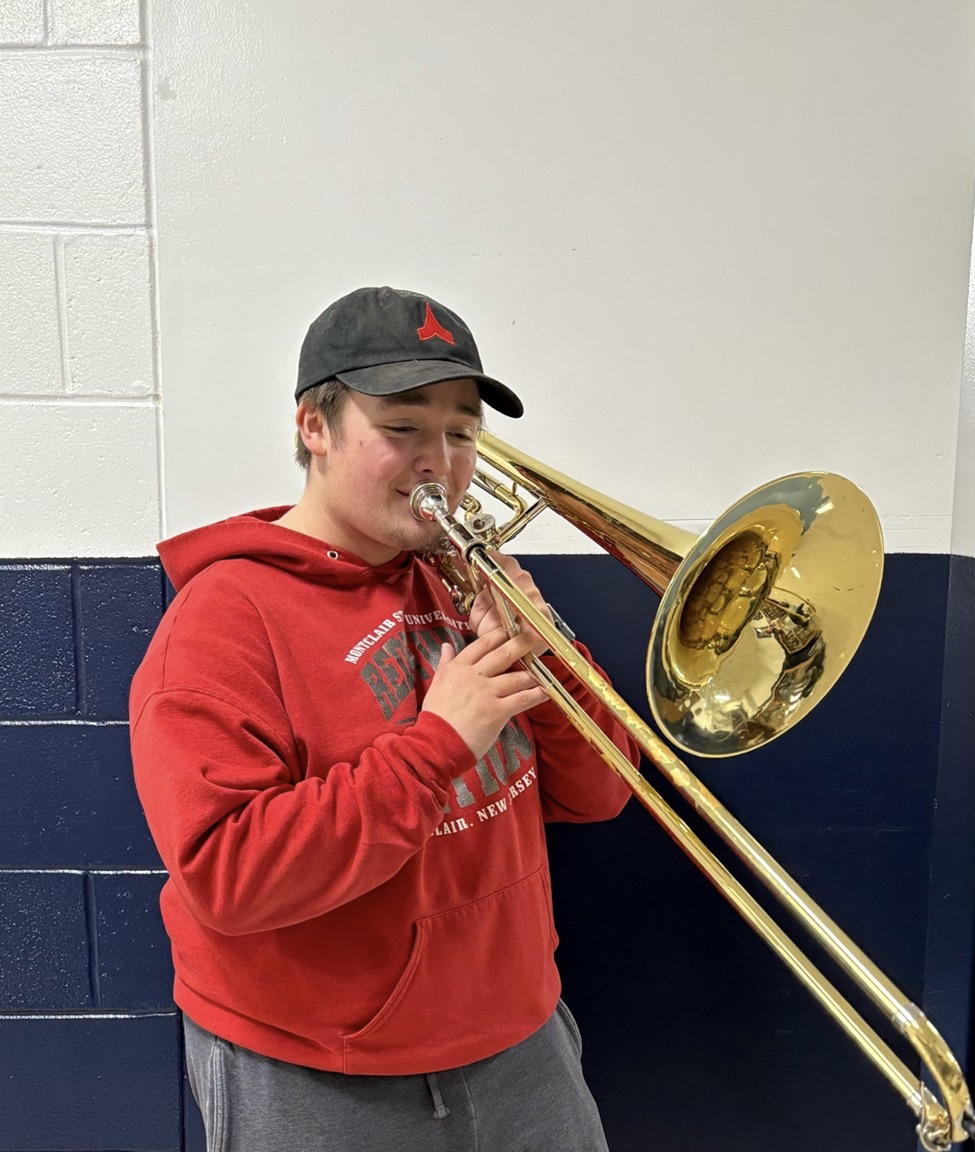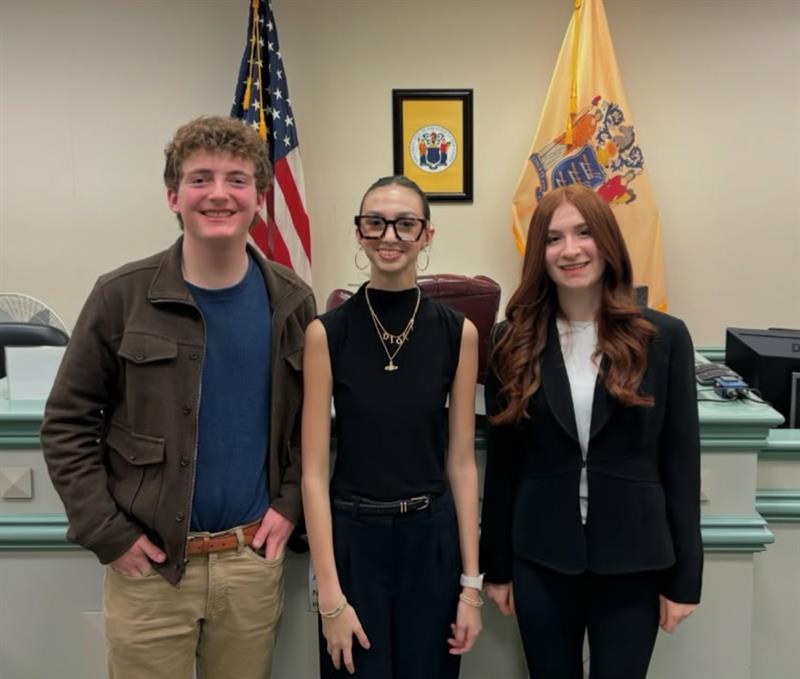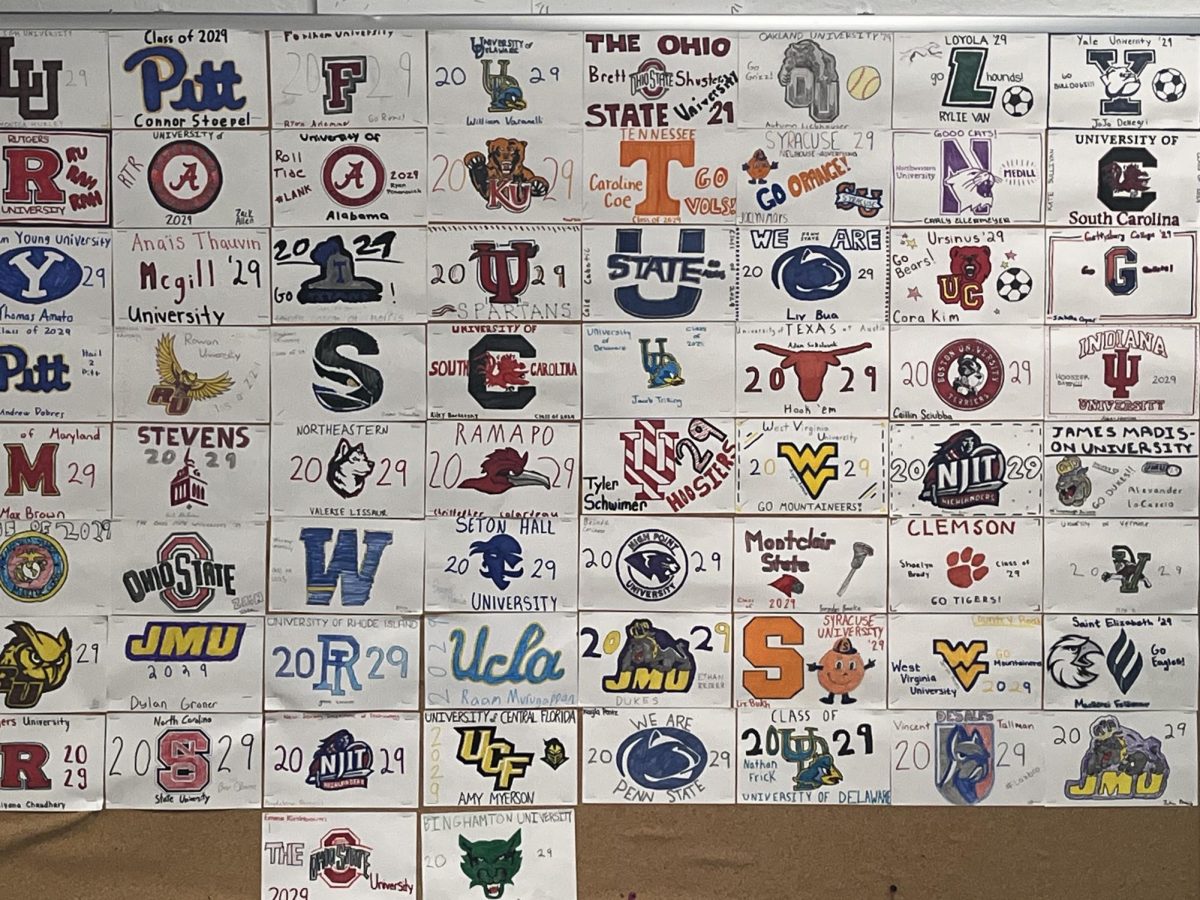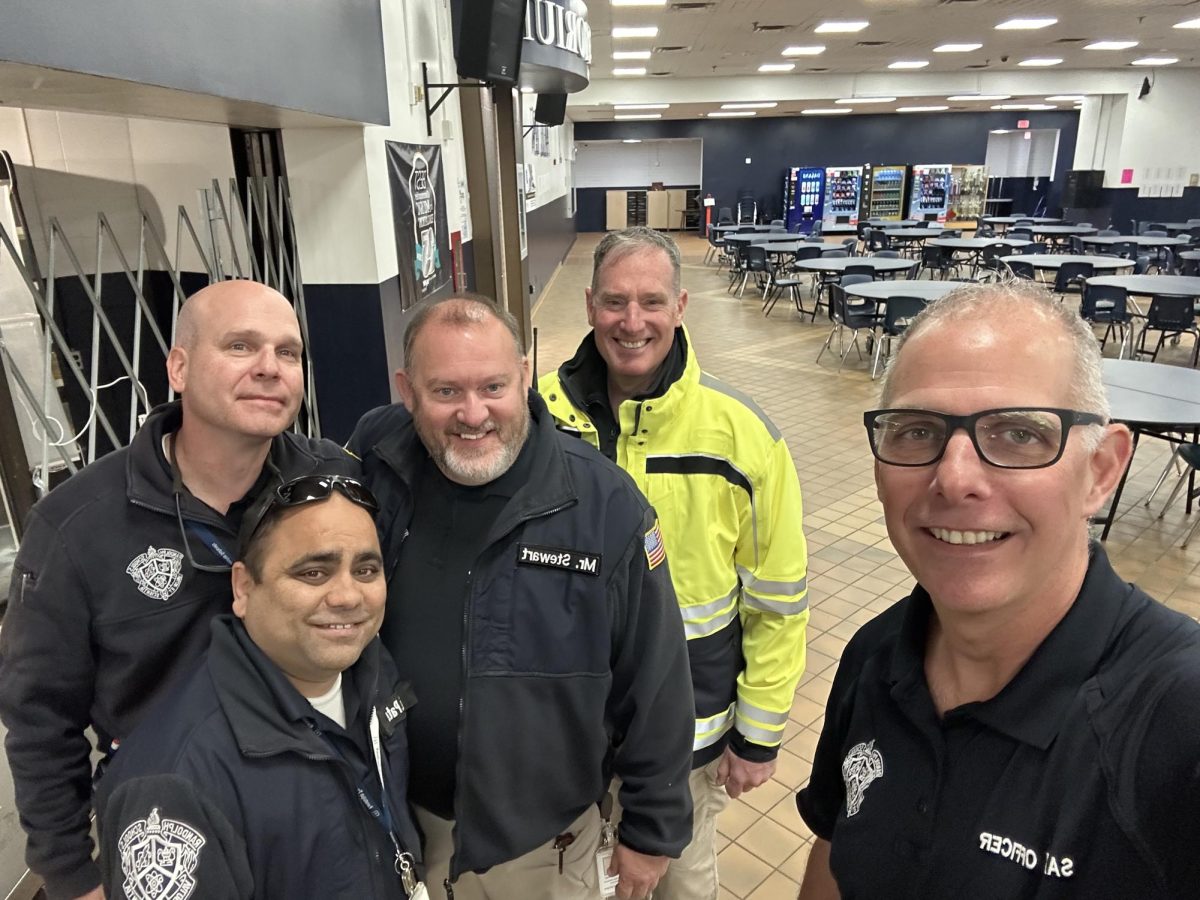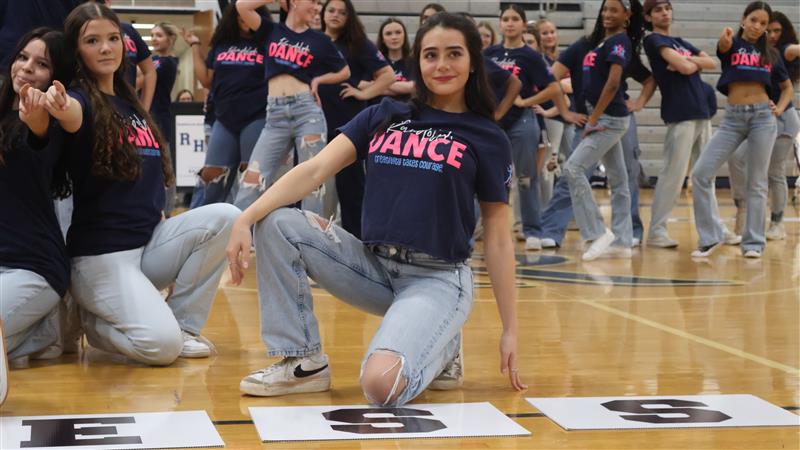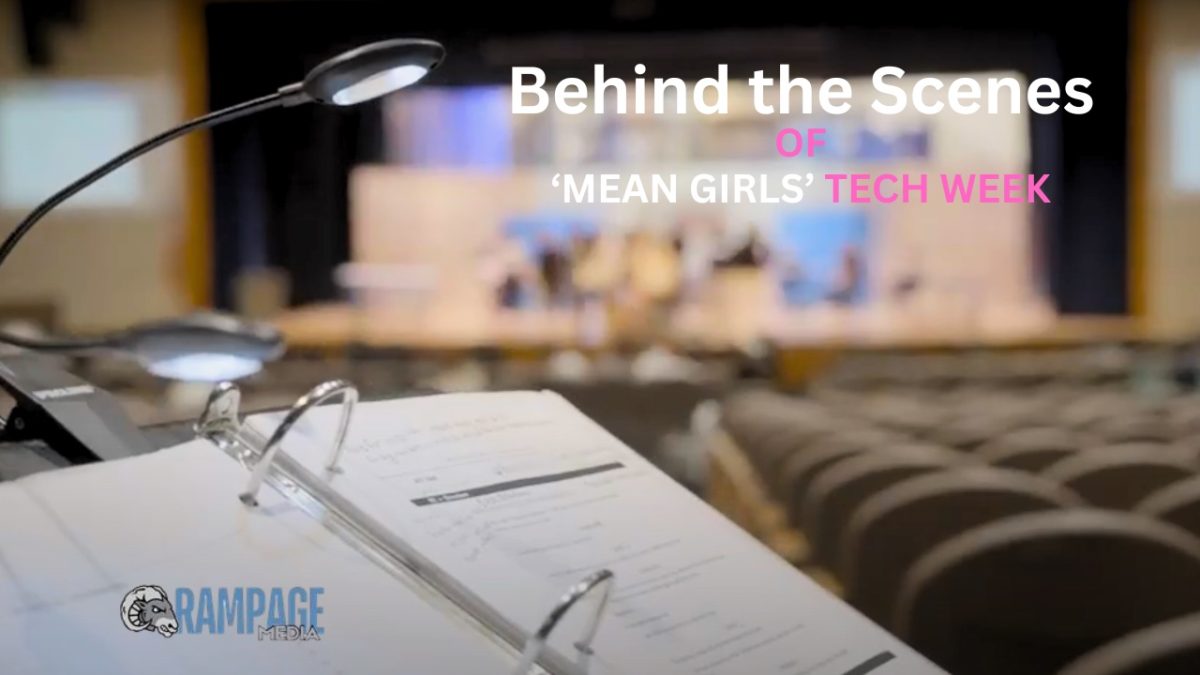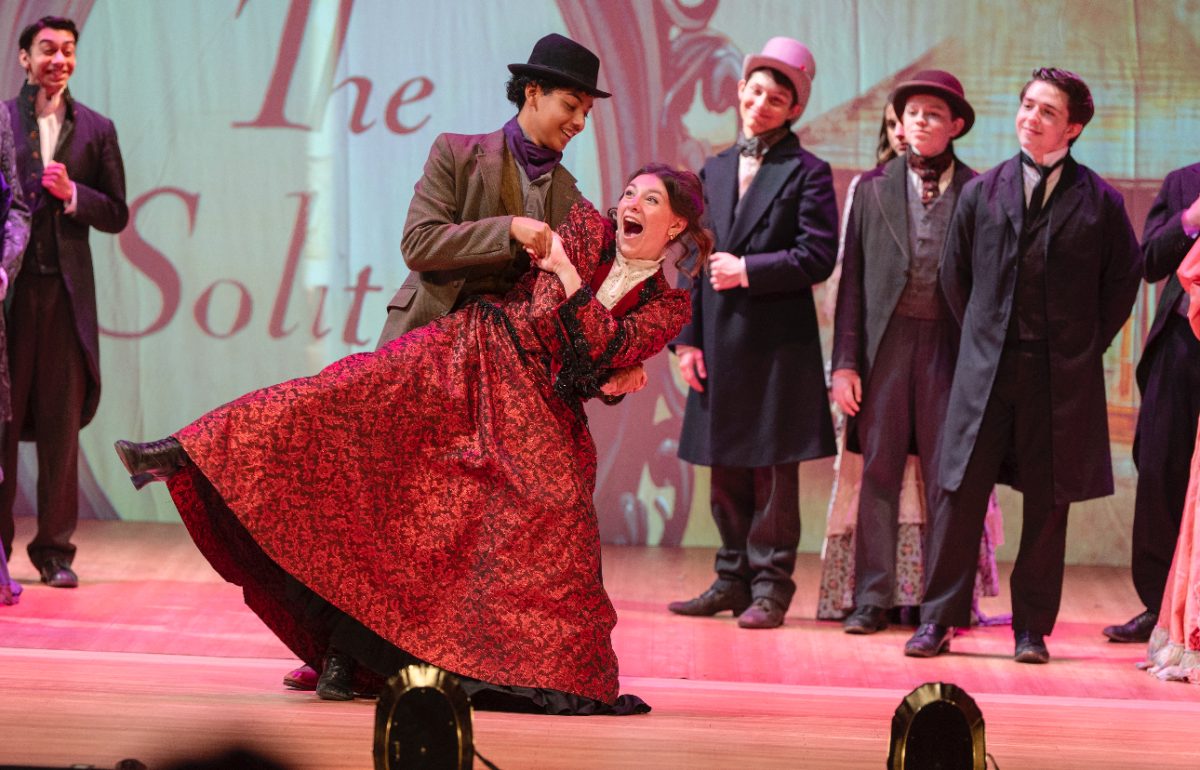My feet hit the stage, but my body feels detached, like I’m watching myself from somewhere above. The lights blaze down, too bright, too hot, swallowing the stage in a blinding glow. My pulse hammers in my ears, drowning out everything else. My hands are slick with sweat; my throat is so dry it feels like sandpaper. Move. Speak. Do something.
But I can’t. My mind, usually overflowing with words, is empty. A vast, terrifying silence stretches between me and the sea of expectant faces in the audience. Someone shifts in their seat. Someone coughs. The microphone buzzes softly in my trembling hand.
Scientifically, this is glossophobia (performance anxiety). The racing heart, the shaking hands, the mind going blank; they’re all textbook symptoms. But they say repetition breeds confidence, that stepping onto a stage again and again turns fear into fearlessness. At first, I didn’t believe them. But then I found theater.
I was seven years old when I traded cleats for a script. I stopped playing softball and lacrosse around the same time I was in my first musical, “Elf” at Brundage Park Playhouse. What started as a creative outlet quickly became a foundation for skills I would carry into every aspect of my life. Yet, despite my love for performing, the fear never truly faded, until I arrived at the Fine Arts Center (FAC) at Delbarton.
From my very first time I auditioned and performed in the FAC, something shifted. I wasn’t just stepping onto a stage; I was stepping into a world where my fear didn’t define me. Rehearsals became a space where I learned to trust myself and embrace the spotlight rather than fear it. “Engaging in theater requires students to step out of their comfort zones, embrace vulnerability and express themselves in front of an audience,” said John DiEgidio, the visual and performing arts supervisor at RHS. The nerves still came, but each performance chipped away at my hesitation, replacing it with confidence.
Delbarton’s theater program wasn’t just about putting on productions, it was about transformation. From performing in “The Drowsy Chaperone,” I learned collaboration and the unspoken trust between scene partners. In “Anything Goes,” I experienced the adrenaline rush of executing dances I had spent months perfecting. And in “The Mystery of Edwin Drood,” I saw firsthand the way theater thrives on spontaneity and audience engagement, teaching me how to adapt with confidence.
Day after day, I lived in the FAC, rehearsing late into the night, laughing through costume changes and finding a second family among my castmates. I was supported in ways I never thought imaginable, by friends who became family and directors who became mentors.
As I stepped into more roles, I stepped further away from my performance anxiety. Theater gave me more than the ability to perform; it gave me the confidence to command a room, to articulate my thoughts clearly and to trust my own voice. I no longer suffered from stage fright; I embraced it. The same rush of adrenaline that once paralyzed me became fuel, driving me to engage, connect and lead.
What I learned from these experiences extended far beyond the stage. A 2019 study from the American Alliance for Theatre & Education found that students involved in theater were more likely to excel in problem-solving, collaboration and effective communication. Furthermore, a 2021 report from the National Endowment for the Arts revealed that students who engage in the performing arts score, on average, 16% higher on verbal and written communication assessments. Yet, as schools continue to cut arts programs in favor of STEM-heavy curricula, these real-world benefits are often overlooked.
The reality is that effective communication is the foundation of success, no matter the career path. The ability to captivate an audience, handle pressure with grace and adapt to unforeseen challenges isn’t just for actors; it’s also for future leaders, innovators and changemakers.
Theater is not just about performing; it’s about developing the confidence to share ideas, the poise to navigate high-pressure situations and the empathy to connect with others. It’s important to teach these skills to young students. As schools continue to face budget cuts, we must advocate for the performing arts as a tool for shaping confident, articulate leaders.
So, the next time someone calls theater just an extracurricular activity, remind them it’s where students learn to take risks, collaborate deeply and communicate with purpose.





